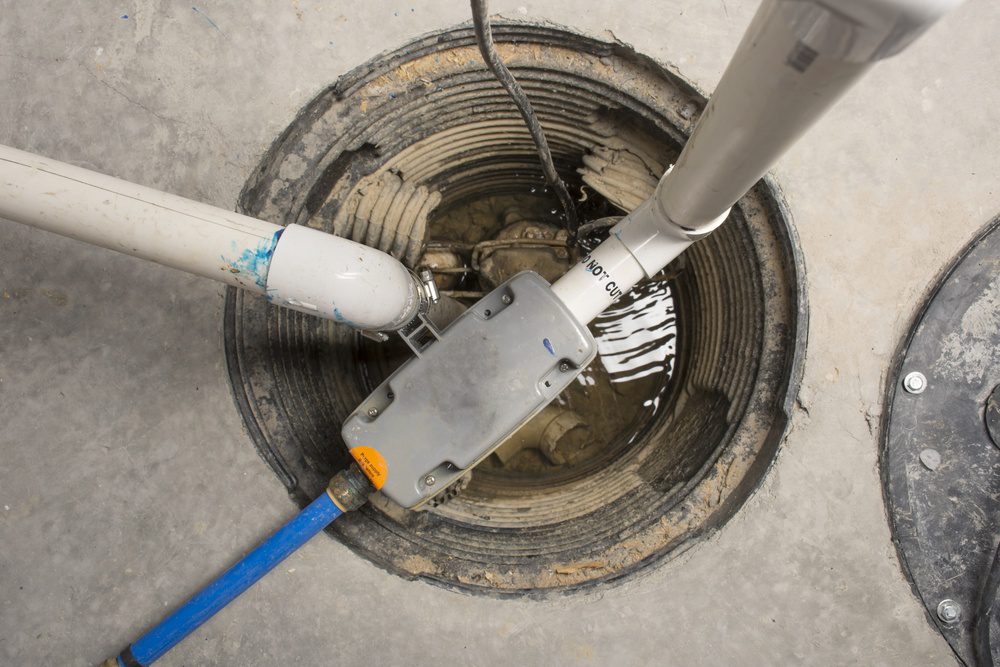Aggressive Water Treatment Procedures: Buying Long-Term Water Top Quality
Wiki Article
Understanding the Key Components of Effective Water Filtering Solutions

Importance of Water Filtration Systems
Water filtering systems play an important function in guaranteeing access to clean and safe alcohol consumption water by properly getting rid of impurities and contaminations. These systems are necessary in addressing the expanding worries over water high quality and the prospective health dangers related to taking in polluted water. By utilizing numerous purification devices such as reverse osmosis, turned on carbon, and UV sanitation, water filtration systems can successfully remove unsafe compounds like microorganisms, viruses, heavy metals, and chemicals from the water system.Furthermore, water filtration systems help to boost the taste and smell of water by removing chlorine, debris, and various other contaminants that can affect its top quality. Water Treatment. This enhancement in water quality not just makes it more tasty yet also motivates people to drink an ample quantity of water daily, promoting better hydration and general wellness
Kinds Of Filtering Parts

Physical filters are designed to physically strain out pollutants from the water. These filters can be made from products like ceramic, carbon, or perhaps sand, and they work by trapping particles larger than the filter's pores as water goes through.
Chemical filters utilize numerous chemical processes to remove contaminants from the water. Examples include triggered carbon filters, which adsorb pollutants, and turn around osmosis membrane layers, which make use of stress to different contaminants from the water.
Biological filters use living microorganisms like algae or microorganisms to damage down natural issue and pollutants in the water. These filters are usually used in wastewater treatment plants or natural water filtration systems.
Comprehending the different sorts of purification parts is crucial for selecting the most suitable water filtration system for particular purification requirements.
Function of Sediment Filters
Debris filters play a critical role in water filtration systems by successfully recording strong bits put on hold in the water. These filters are commonly the initial line of protection in a purification system, getting rid of bigger fragments such as sand, silt, dirt, and rust before the water moves through finer purification explanation phases. By capturing these debris, the filters avoid them from reaching downstream elements, therefore extending the lifespan and performance of the whole system.Overlooking this upkeep can lead to blocking, decreased water circulation, and jeopardized filtering efficiency. Overall, debris filters are important components that contribute significantly to the performance of water filtering systems.
Duty of Turned On Carbon Filters
Playing an essential role in water filtering systems, activated carbon filters contribute in removing pollutants and impurities from the water supply. These filters are designed to adsorb and catch a vast array of contaminants, consisting of chlorine, unpredictable natural compounds (VOCs), pesticides, and herbicides. The triggered carbon material has a large surface, enabling the efficient trapping of pollutants with a procedure called adsorption. As water travels through the filter, the turned on carbon attracts and holds onto the impurities, making sure that the water that appears on the various other side is cleaner and much safer for usage.Triggered carbon filters are extremely efficient at improving the taste and smell of water by lowering chemicals that can influence its top quality. They are likewise qualified of eliminating particular heavy metals like lead and mercury. Additionally, these filters can aid stop the buildup of microorganisms and algae in water, more boosting its general high quality. Due to their versatility and integrity, triggered carbon filters are an essential component in ensuring that water is purified to the greatest standards before getting to consumers.
Recognizing Reverse Osmosis Systems
Reverse osmosis systems are innovative water purification systems that utilize an innovative process to get rid of contaminants and contaminations from drinking water. These systems work by using pressure to the water, requiring it via a semi-permeable membrane. This membrane layer acts as a barrier, permitting just pure water molecules to pass through, while obstructing larger molecules such as minerals, chemicals, and other impurities. Therefore, the water that comes out on the other side is substantially cleaner and more secure for consumption.One trick advantage of reverse osmosis systems is their their explanation capability to remove a broad variety of impurities, consisting of heavy metals, dissolved viruses, bacteria, and solids. This makes them highly effective in improving the overall high quality and security of alcohol consumption water. Furthermore, reverse osmosis systems are reasonably low-maintenance and can be mounted under the sink or in a main purification system, offering convenient access to clean water throughout the household. In general, comprehending exactly how reverse osmosis systems work can help individuals make educated choices regarding their water filtering requirements.
Conclusion
In conclusion, reliable water filtration systems are crucial for guaranteeing tidy and secure alcohol consumption water. The crucial elements of these systems include debris filters, triggered carbon filters, and reverse osmosis systems. By understanding the feature and role of each part, individuals can make informed choices when selecting a water filtration system. It is essential to focus on the quality of water in order to advertise overall health and wellness.Water filtration systems play a crucial function in ensuring access to tidy and safe drinking water by effectively eliminating contaminants and pollutants. By using various here are the findings purification devices such as reverse osmosis, triggered carbon, and UV sterilization, water purification systems can efficiently eliminate harmful compounds like germs, viruses, hefty steels, and chemicals from the water supply.
Debris filters play an essential duty in water filtration systems by successfully capturing solid bits put on hold in the water (Pump repairs & installation).Playing a vital function in water purification systems, triggered carbon filters are instrumental in removing contaminations and impurities from the water supply.Reverse osmosis systems are sophisticated water filtration systems that employ an innovative process to remove pollutants and contaminations from alcohol consumption water
Report this wiki page